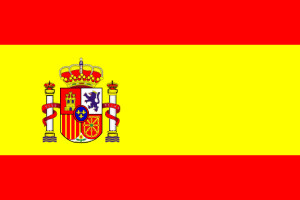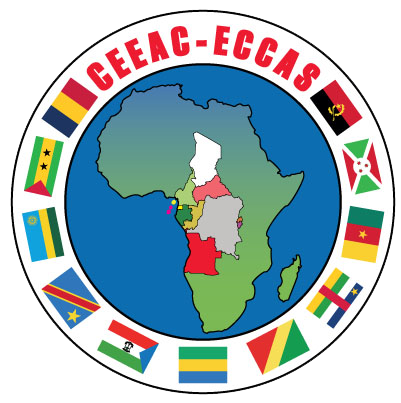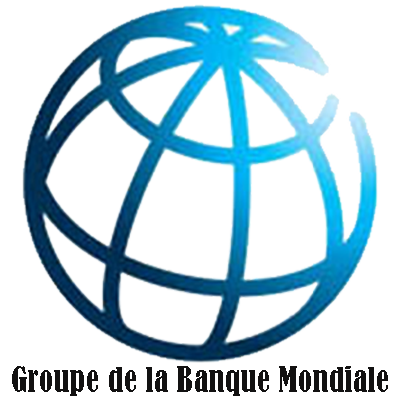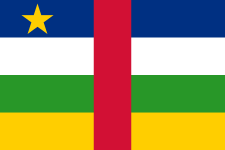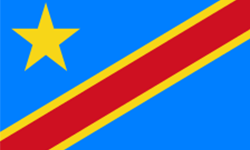OF THE CONSULTATION MEETING ON MONKEYPOX IN EAC MEMBER COUNTRIES : SETTING UP A REGIONAL HEALTH EARLY WARNING SYSTEM
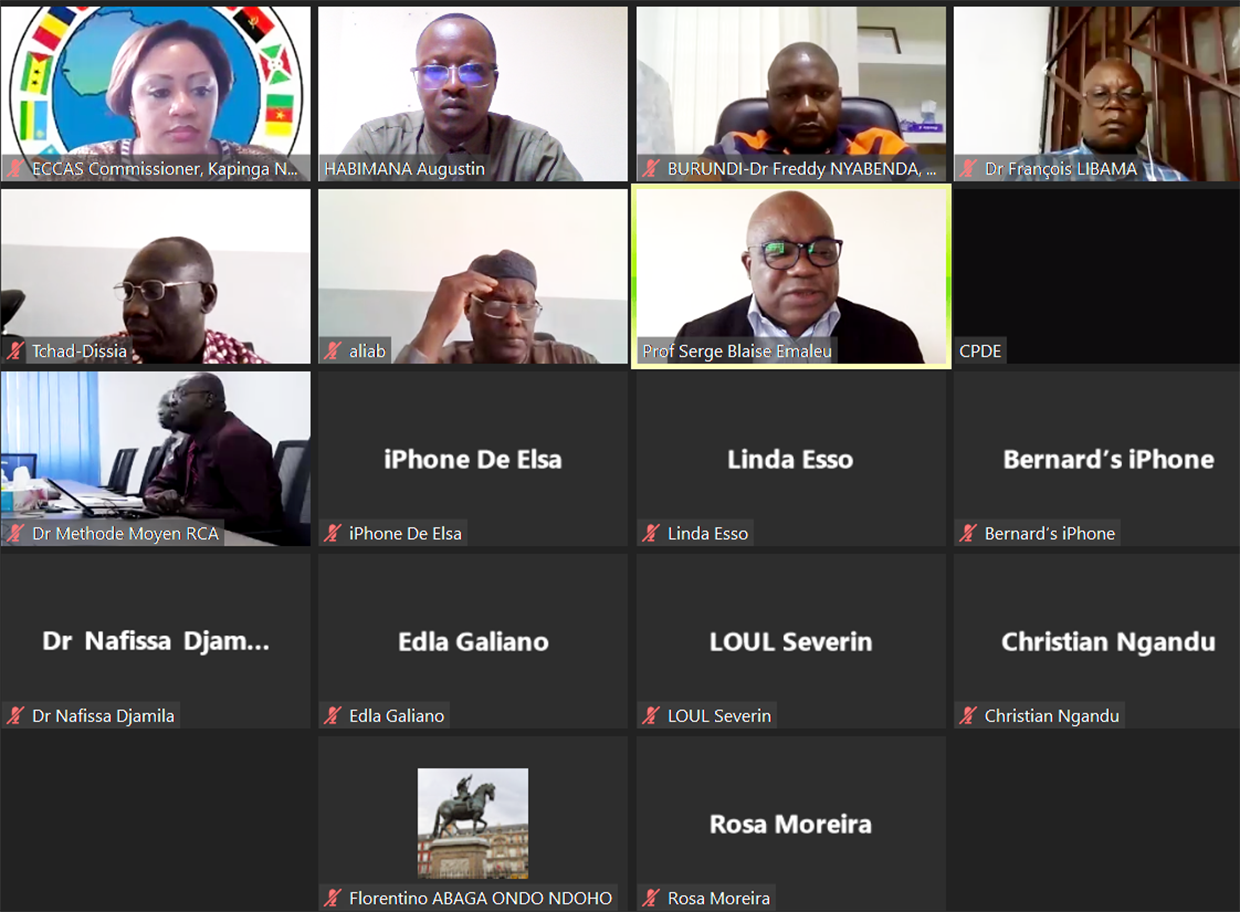
Libreville, 8 June 2022 - As part of the implementation of the 2022 Roadmap of the current President of ECCAS, H.E. President Felix TSHISEKEDI TSHILOMBO, who has made "Education, Health and Culture" the themes of his term of office, and at the invitation of His Excellency Mr Gilberto da Piedade VERISSIMO, President of the Economic Community of Central Africa (ECCAS), a meeting of officials in charge of Epidemic Surveillance was held by videoconference on 8 June 2022, a meeting of officials in charge of Epidemiological Surveillance and Public Health Emergency Management of ECCAS Member States and experts of the Project for the Strengthening of Regional Disease Surveillance Systems in Central Africa (REDISSE IV), was held by videoconference on 8 June 2022, to exchange views on the situation of the Monkey Pox epidemic in ECCAS Member States.
The opening ceremony was chaired by Her Excellency Mrs. Kapinga Yvette NGANDU, Commissioner in charge of the Department of Gender Promotion and Human and Social Development of the ECCAS Commission, on behalf of His Excellency Ambassador Gilberto Da Piedade VERISSIMO, President of the ECCAS Commission.
The Commissioner recalled that the world, and particularly our continent, has been confronted since the beginning of this year with an outbreak of monkeypox, with new outbreaks mainly in the isolated areas of central and western Africa, with more than 1400 confirmed cases in Africa since the beginning of this year, according to the WHO. Cases have been reported mainly in Cameroon, Central African Republic (CAR), Democratic Republic of Congo (DRC), Republic of Congo, countries that are in our ECCAS sub-region. Hence the need to adopt a concerted regional approach and multisectoral collaboration in order to share experiences and meet the challenges related to the fight against zoonoses and related public health threats.
The meeting consisted of presentations by representatives of ECCAS member countries, followed by discussions.
At the end of the meeting, it was noted that apart from the endemo-epidemic situation of Monkey Pox, all the countries present have put in place measures for the detection of and response to Monkey Pox, such as the definition of cases, the reinforcement of cross-border surveillance, the reinforcement of the coordination of the response, the development of response plans and strategies, the reinforcement of community surveillance, etc.
To address the challenges and weaknesses identified, the participants made the following key recommendations
1) Establish a regional system for data exchange and early warning of epidemics;
2) Establish a platform via social networks for regular information sharing between focal points in charge of disease surveillance in member states;
3) Integrate the multisectoral "One Health" approach in the strategies and actions for surveillance and detection of epidemics; including "wildlife";
4) Organise regular cross-border meetings in general and in particular with a focus on affected regions;
5) Mobilise sufficient resources for disease response and surveillance in general and monkeypox in particular;
6) Strengthen laboratory capacity so that all countries are able to detect epidemics rapidly;
7) Organise and strengthen the capacity of countries to transport samples;
8) Ensure training of Rapid Response Teams and all stakeholders in the surveillance and response to epidemics; particularly border health workers;
9) Strengthen risk communication, especially at community level;
10) Seek funding for the management of monkeypox cases and the implementation of response plans already developed.
A draft decision for the establishment of a regional epidemic information exchange and early warning system was discussed and amended by the participants.
ECCAS commended member states for their proactive approach to countering the spread of monkeypox by building on the mechanisms already in place and the lessons learned from COVID 19.
The opening ceremony was chaired by Her Excellency Mrs. Kapinga Yvette NGANDU, Commissioner in charge of the Department of Gender Promotion and Human and Social Development of the ECCAS Commission, on behalf of His Excellency Ambassador Gilberto Da Piedade VERISSIMO, President of the ECCAS Commission.
The Commissioner recalled that the world, and particularly our continent, has been confronted since the beginning of this year with an outbreak of monkeypox, with new outbreaks mainly in the isolated areas of central and western Africa, with more than 1400 confirmed cases in Africa since the beginning of this year, according to the WHO. Cases have been reported mainly in Cameroon, Central African Republic (CAR), Democratic Republic of Congo (DRC), Republic of Congo, countries that are in our ECCAS sub-region. Hence the need to adopt a concerted regional approach and multisectoral collaboration in order to share experiences and meet the challenges related to the fight against zoonoses and related public health threats.
The meeting consisted of presentations by representatives of ECCAS member countries, followed by discussions.
At the end of the meeting, it was noted that apart from the endemo-epidemic situation of Monkey Pox, all the countries present have put in place measures for the detection of and response to Monkey Pox, such as the definition of cases, the reinforcement of cross-border surveillance, the reinforcement of the coordination of the response, the development of response plans and strategies, the reinforcement of community surveillance, etc.
To address the challenges and weaknesses identified, the participants made the following key recommendations
1) Establish a regional system for data exchange and early warning of epidemics;
2) Establish a platform via social networks for regular information sharing between focal points in charge of disease surveillance in member states;
3) Integrate the multisectoral "One Health" approach in the strategies and actions for surveillance and detection of epidemics; including "wildlife";
4) Organise regular cross-border meetings in general and in particular with a focus on affected regions;
5) Mobilise sufficient resources for disease response and surveillance in general and monkeypox in particular;
6) Strengthen laboratory capacity so that all countries are able to detect epidemics rapidly;
7) Organise and strengthen the capacity of countries to transport samples;
8) Ensure training of Rapid Response Teams and all stakeholders in the surveillance and response to epidemics; particularly border health workers;
9) Strengthen risk communication, especially at community level;
10) Seek funding for the management of monkeypox cases and the implementation of response plans already developed.
A draft decision for the establishment of a regional epidemic information exchange and early warning system was discussed and amended by the participants.
ECCAS commended member states for their proactive approach to countering the spread of monkeypox by building on the mechanisms already in place and the lessons learned from COVID 19.
Laissez un commentaire
Votre adresse de messagerie ne sera pas publiée. Les champs obligatoires sont indiqués avec *







